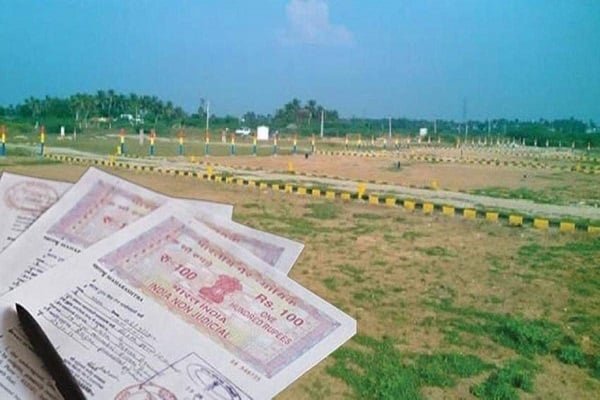LUCKNOW, July 2025 — In a landmark move aimed at curbing bureaucratic delays and inefficiencies in property mutation processes, the Uttar Pradesh government has issued a directive placing direct responsibility on District Magistrates (DMs) and Divisional Commissioners. The order, issued following stern observations by the High Court, mandates strict adherence to timelines for resolving property ownership updates and land registration.
Strict Timelines Mandated for Dispute Resolution
Under the new directives, non-disputed property mutation cases must be resolved within 45 days, while disputed cases must be concluded within 90 days. The government invoked Section 34/35 of the UP Revenue Code, 2006 to strengthen enforcement. Failure to comply will now invite administrative action against responsible officers.
TRAI and RBI Launch Digital Consent Pilot to Tackle Spam Calls
The move comes after the High Court expressed repeated dissatisfaction with the backlog of mutation cases and growing citizen complaints. Many writ petitions have been filed citing inaction by revenue officials across districts.
Accountability, Monitoring, and Daily Hearings Ordered
The Chief Secretary of Revenue, P. Guruprasad, issued the latest directive emphasizing that petitions pending due to deliberate neglect by officials will not be tolerated. District Magistrates and Divisional Commissioners have been instructed to create detailed action plans to identify and resolve pending mutation cases.
Additionally, the High Court has ordered that mutation-related cases must be heard daily, especially those under judicial orders. To further enhance transparency, all such pending cases must be mandatorily updated on the RCMS (Revenue Case Management System) portal.
Non-Compliance to Attract Disciplinary Action
The government directive warns of disciplinary proceedings against officials who knowingly delay applications or ignore procedural requirements. Tehsildars and subordinate revenue officers will be closely monitored by the DMs, who are tasked with ensuring quality disposal within the stipulated timeline.
Revenue Boards have also been instructed to send proposals to the state if officers underperform or show disregard for the latest directives. Repeat violations may invite escalated action, including adverse entries in service records and suspension proposals.
Public Interest and Legal Reform at Heart of Move
The government sees this step as crucial to upholding citizens’ rights to property and preventing harassment caused by prolonged mutation cases. By assigning top-down accountability, authorities hope to streamline the process, reduce litigation, and build public trust in land governance. As part of the broader digital governance strategy, regular updates and progress reviews will be conducted at the state level, ensuring that the initiative does not remain confined to paper.



